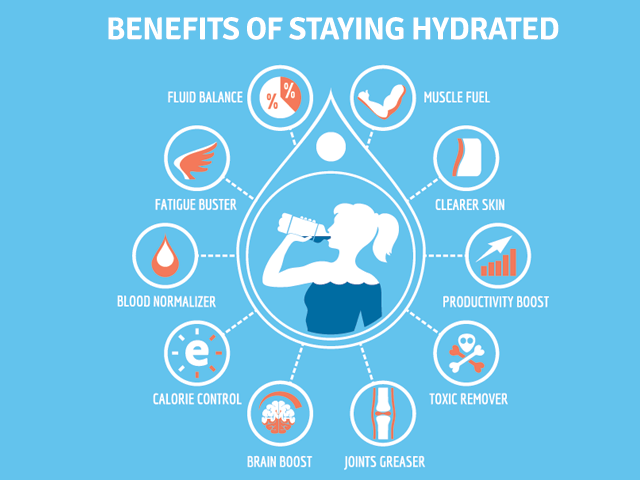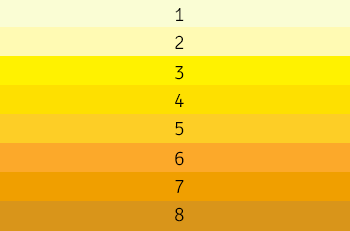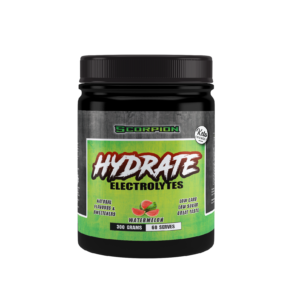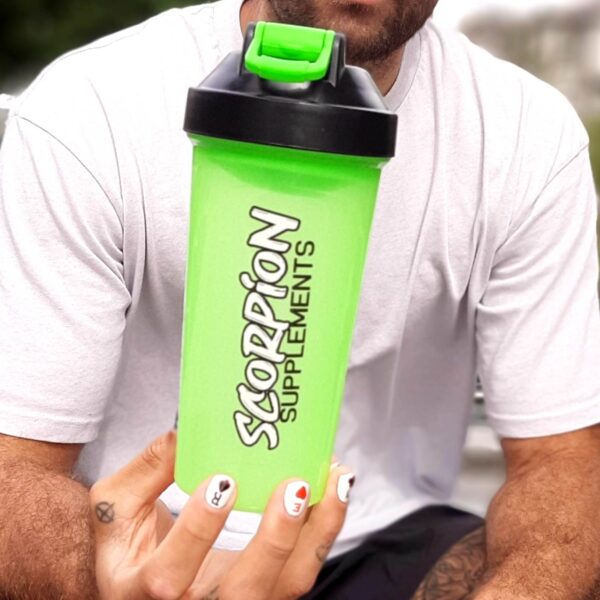Being hydrated is important quite simply because our bodies depend on water to survive. Every single cell, tissue and organ relies on water to function adequately. Now throw into the mix that you’re a high performing athlete, if you suffer a small percentage drop in hydration, your performance will be significantly affected. Today we take a look at why hydration is so important and what you need to do to stay hydrated and perform at your best every day and workout.
Why is it important to be hydrated?
Optimising hydration is important as it helps to regulate body temperature, lubricates joints, assists with the transportation of nutrients through the body and with the removal of waste products. The longer and more intense your training is, the more important it is to refuel with the right amount and type of fluids. Fuelling your body adequately will also help to prevent dehydration.
Dehydration occurs when an individual losses more fluid through sweat, tears, vomiting, urine, the environment and diarrhea compared to the fluid they are ingesting. An athlete who becomes dehydrated in competition may suffer from cramps, dizziness, fatigue and worst case this may lead to heat stroke or heat illness. All of which are preventable.

How much fluid should you drink?
There are many factors that determine how much fluid you should consume. The oldest recommendation of two liters per day, is well and truly out dated as it doesn’t take into account gender, body composition, age, nutrition, activity levels and the environment. Since over 60% of our bodies are comprised of water, it is important to know more precisely, how much fluid we need to consume.
Here are some good guidelines:
- A good starting point is to consume 1L of water per 25kg of mass
- Consume 300ml prior to strenuous exercise
- Add 300ml every 20min during strenuous exercise
- Finally add 500-600ml, per 500g lost, within 2 hours post event (weigh yourself before and after)
How to monitor hydration?
Urine colour is a big clue as to your level of hydration. The darker your urine colour, the more dehydrated you are. From the chart below, if your urine is between 1 and 4, your hydration level is fine. If you consume foods rich in B-vitamins or a multi-vitamin, they may affect your urine colour. This does not imply you are dehydrated. Monitor how much fluid you are consuming and how frequently you are going to the toilet. If you are going less than normal it could indicate that you need to consume more fluids. Top endurance athletes go the extra mile to monitor their hydration. They will weigh themselves before and after training or competitions to gauge more precisely how much fluid they have lost.

What are electrolytes? And what role do they play?
Electrolytes are charged mineral salts – sodium, calcium, magnesium and potassium. These minerals play a vital role in maintaining fluid balance, as well as cellular processes. Electrolytes are often discussed with hydration as they help to regulate intra and extra cellular fluid balance, help with muscle contractions and help to balance your pH levels. All of these factors are critical for sports performance and hydration. Electrolytes are lost through sweat, tears, and urine, so it is important to always top them up prior to and after a long hard training session. Most of the electrolytes we attain from the foods we eat depending on your diet. Try Scorpion Hydrate today, to help fuel your next workout.
Try Scorpion Hydrate today:

https://scorpionsupplements.co.nz/supplements/scorpion-hydrate-300g/


